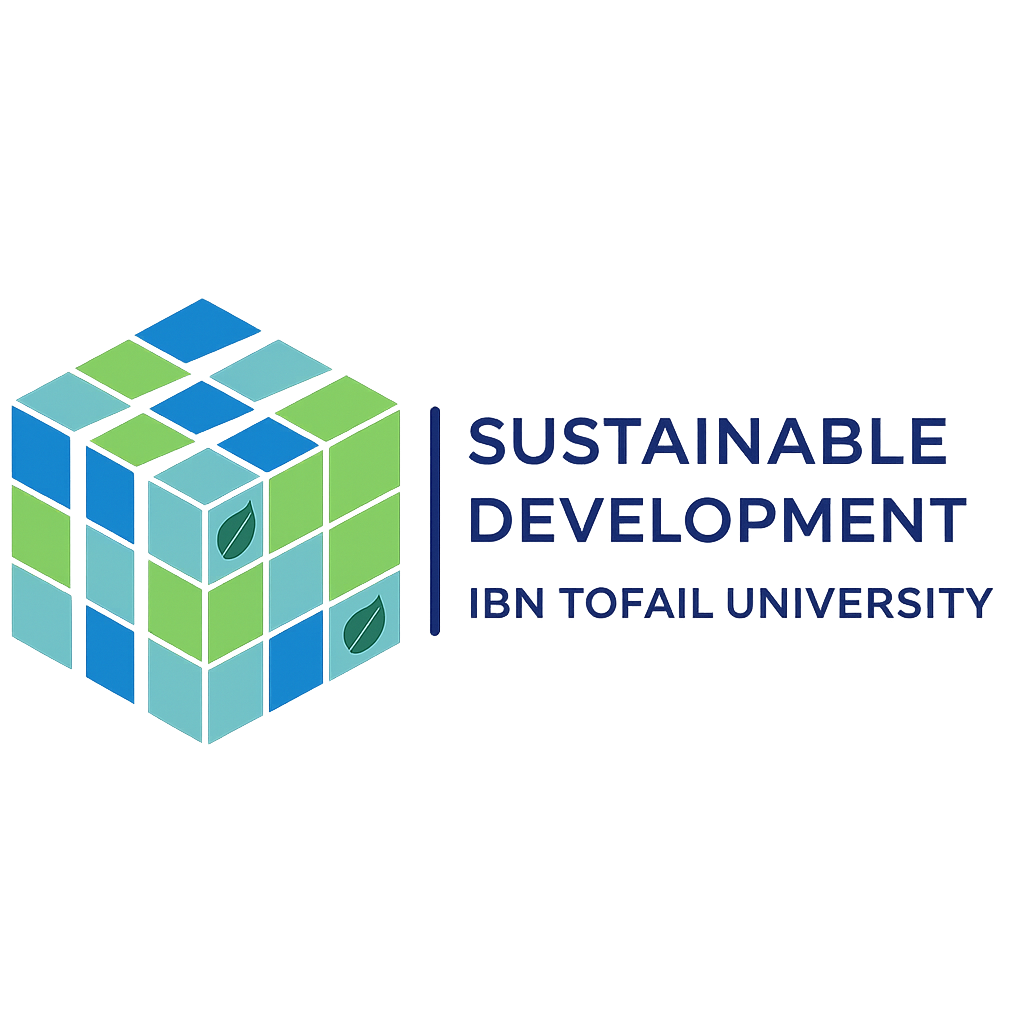Project Coordinator: Pr. Abdelhak BOUABDLI
Description:
PROMEDRICE aims to develop and promote the adoption of innovative and environmentally friendly agricultural practices and to produce evidence to support policymakers in making decisions regarding water resource management. The main objective of PROMEDRICE is to develop and promote the adoption of site-specific agricultural practices that reduce soil and water contamination and salinization while maintaining or improving water use efficiency and productivity in rice agro ecosystems.
Project Period: October 2023 – October 2026
Researchers involved:
BOUABDLI Abdelhak – Geochemistry/Contamination/Pollution/ Environment – PES
SADIKI Mohamed – Geochemistry/ Hydrology/ Environment – PH
SAIDI Nadia –Microbiology/ Contamination/ Pollution – PES
CHAKIRI Said – Sedimentology/ Environment – PES
Funding Partners:
Ministry of Higher Education, Scientific Research and Innovation Morocco (MHESRIM)
Methodology:
PROMEDRICE will collect and harmonize data regarding both the quality of surface and groundwater in the vast majority of rice-producing areas in the Mediterranean, often located in river deltas and coastal wetlands. The project will directly address the challenge of reducing salinization and contamination of water and soil in rice-based agro ecosystems. He will rely on the prior and shared knowledge of the consortium and experience to save water in rice cultivation, now focusing on optimizing water management coupled with agronomic practices that are likely to cause pollution. The specific objective is to preserve the health of rice agro ecosystems and the ecosystems with which they interact. Depending on the regions, conditions such as salinity, nutrients, pesticides, other compounds, as well as metals like As and Cd will be studied for their impacts on soils, surface waters, and groundwater. In those areas where salinization is a major issue, the salinization of aquifers and soil will be studied in relation to agricultural practices.
Expected Results:
The project will identify and quantify the main pollutants affecting surface water and groundwater in relation to rice production under specific soil and environmental conditions. The implementation of efficient and sustainable agricultural practices to reduce the risks of water pollution and salinization; will be developed studied/demonstrated in seven case studies across the Mediterranean region, from Turkey and Egypt in the East, to Portugal and Spain in the West.
Scientific, Environmental, Economic impact:
Detailed studies on soil salinity management will be conducted in cases where it is a major issue for rice cultivation (Spain, Egypt, and Morocco). The compromises between salts and nitrates that are leached with vertical water flows, salt accumulation, and the reuse of nitrates with recirculation in relation to surface drainage. The ultimate goal is to identify farm management solutions to minimize the effects of nitrate leaching and water salinization and their pollution, while also addressing rice productivity.
The option of on-site water treatment such as chemical or electromagnetic techniques will be considered in cases where the restoration of water quality is required. Economic sustainability and social acceptability will be assessed to ensure the profitability of rice production.
